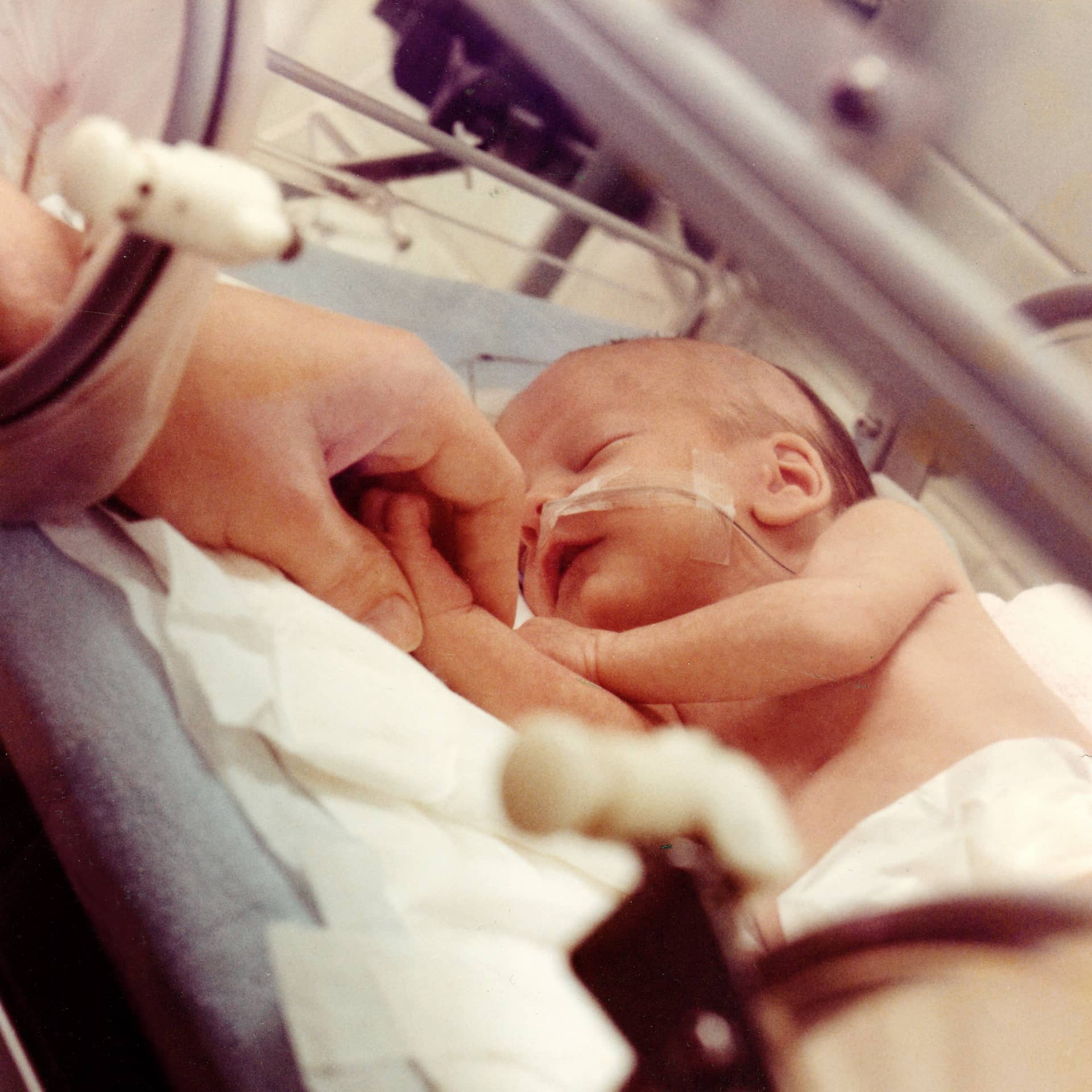From an article published in Feb 2023, in the Behavioural Processes Journal
Núñez-Murrieta MA, Coria-Avila GA, Martínez AJ, López-Meraz ML, Corona-Morales AA. Preterm Rat Survival is Enhanced by Gestational Environmental Enrichment. Behav Processes. 2023 Jan 13:104820. doi: 10.1016/j.beproc.2023.104820. Epub ahead of print. PMID: 36646232.Preterm birth is a leading cause of death among children under 5 years old worldwide, and is more common among people of African ethnicity. Long-term studies have shown that preterm, underdeveloped individuals are at higher risk for respiratory issues and cardiovascular and renal disease later in life.
Studies in humans and animals have shown that the mother’s environment during pregnancy can affect the development of the offspring, with stressful conditions increasing the risk of spontaneous pregnancy loss, preterm delivery, low birth weight, and cognitive and emotional impairments in the progeny. On the other hand, Environmental enrichment (EE) during pregnancy has been shown to have a significant impact on the development of offspring in both human and animal studies.
By exposing pregnant females to enriched sensory, motor, and social eperiences, researchers have observed that offspring born to these mothers demonstrate accelerated development in utero, as well as improved physiological and behavioral outcomes that persist into postnatal life. This includes an increase in sensory and motor development, improved reflexes in neonates, increased cell proliferation and synaptic strength, and improved learning and memory.
Additionally, EE has been shown to have a positive impact on the emotional states of experimental animals, including pregnant females. Studies have shown a reduction in anxiety- and depressive-like behaviors in animals exposed to EE, as well as changes in neurochemical and hormonal levels in the brain and blood of both the mother and fetus. For example, EE has been shown to increase levels of dopamine and brain-derived neurotrophic factor in the brain, as well as insulin-like growth factor-I in the brain of pregnant rats and in the milk of lactating rats.

